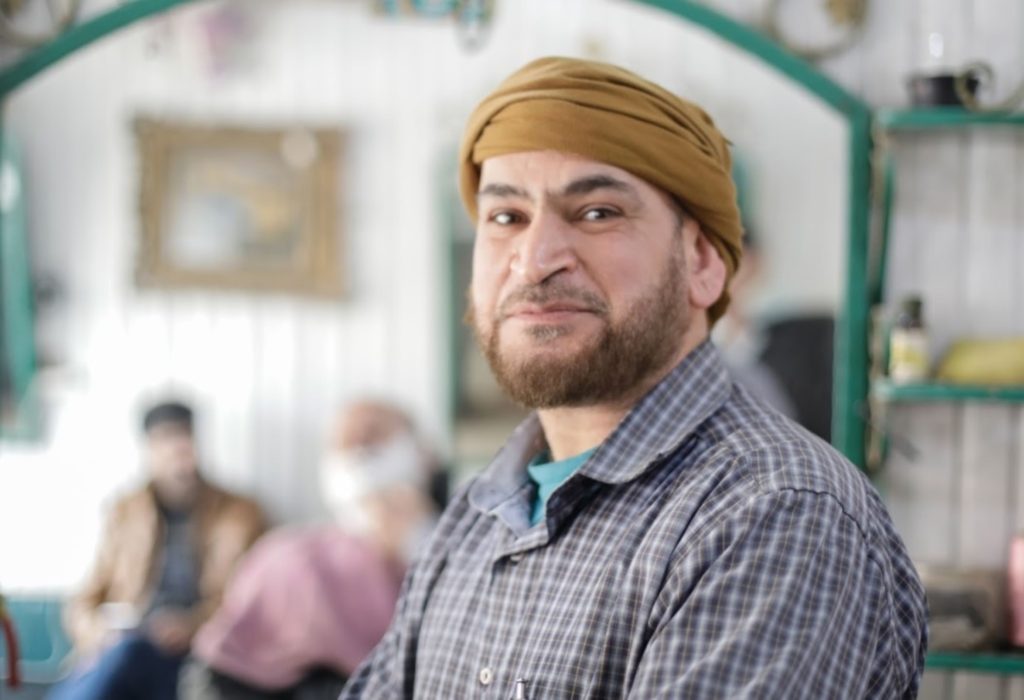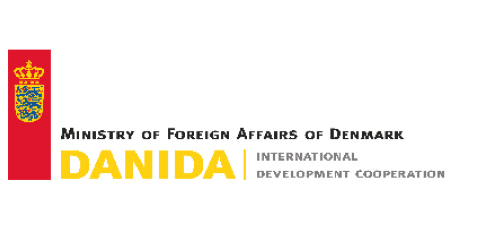Said (not his real name) narrowly survived a missile attack in Syria, he was severely injured and his right leg had to be amputated. “It was the hardest time of my life. I felt like I am not capable of doing anything in my life and I was completely dependent on other people,” says the father of six. He lost his job due to the conflict, and after the bombing in his hometown intensified, he and his family had to flee.
“It was very difficult to leave our house. We could not take anything with us, only the clothes we were wearing. We came here as displaced people with nothing, no work and no shelter. We are now sharing one small room,” he explains. Said is one of many people in Syria who had to flee their homes and leave everything behind in order to survive. Over 6 million people are internally displaced and an estimated 2.9 million people inside Syria are living with a permanent disability, while many new conflict and non-conflict related trauma cases per month are leading to thousands of permanent disabilities.
“In the first five months after we fled, I didn’t leave the house at all,” Said says. His situation improved when a friend helped him get a manufactured leg. “The hardest thing is when people look at you and you can see that they pity you. When I lost my leg, my only concern was to go back to work and be with my family and friends,” he says.
He was very excited to hear about support provided by Humanity and Inclusion and the International Rescue Committee, and applied for a vocational training program coupled with a business grant. He had experience working as a barber and was keen to improve his skills and build his own business.
“There is a saying in English – ‘Don’t feed me, teach me how to cook’,” says Said, who now runs a successful barber shop. He used part of the business grant to buy a solar power system and can now keep his shop open for long hours and at night. He also received a stool and other equipment to adapt his work environment to his disability.

Since 2016, the Syria Resilience Consortium has supported more than 5,400 persons with disabilities like Said and helped them earn a living for themselves and their families.
“People tell me that I have become an example for them. They say that I succeeded to do what people with two legs have not managed.”






